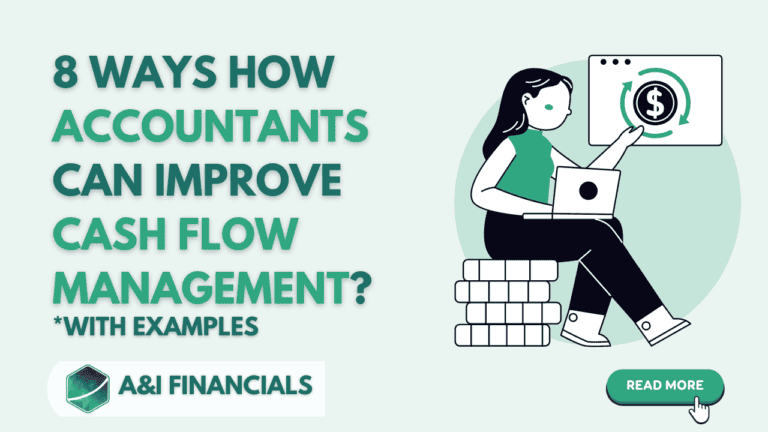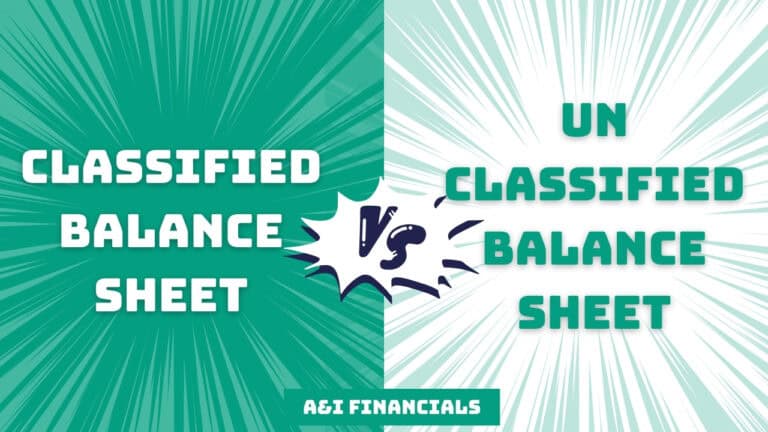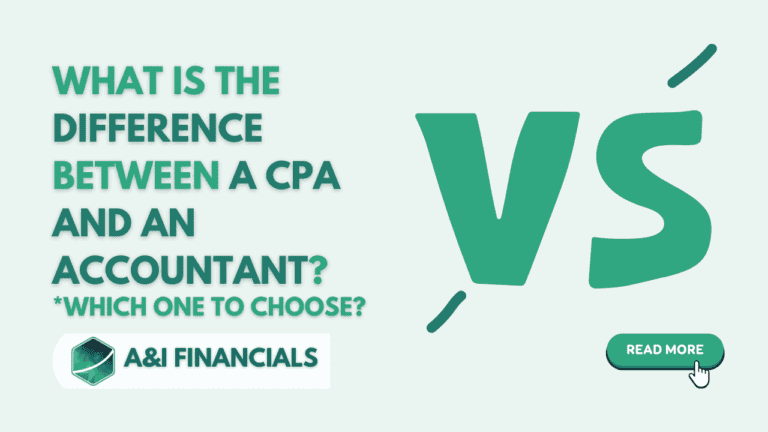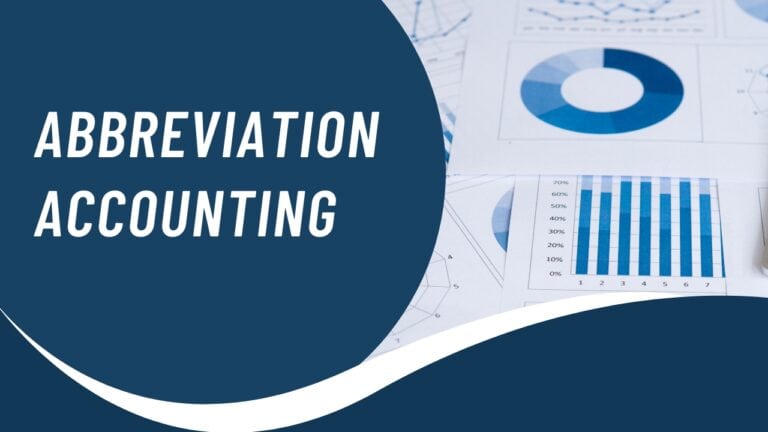Are Accountants Good at Doing Their Own Taxes? REALLY?
When tax season rolls around, we race to get our finances in order. In the craziness, a nagging thought arises: Are Accountants Good at Doing Their Own Taxes? The shallow answer is yes, but let’s get deeper to the reasons why and if it always works out best for them.
Understanding the Basics
Accountants are trained professionals who have basic knowledge of the financial position, tax laws, and accounting principles of financial statements. By basic education and experience, a sizeable number of accountants are qualified to effectively carry out the preparation of different tax assignments. Does it mean they’re the right people for preparing their own tax returns? Let’s break it down.
The Knowledge Advantage
Deep Understanding of Tax Laws
It may well be one of the reasons that will make the accountants file tax returns properly, considering their deep understanding and knowledge regarding tax laws. They always are updated on the most current adjustments and changes in the law so as to avail themselves of deductions and credits that were not allowed before, to gain substantial benefits over ordinary taxpayers.
Experience with Complex Situations
Accountants normally work in highly complicated financial scenarios on behalf of their clients, from small business tax matters to investment income. Such experiences are great preparations for dealing with complex tax situations that may arise in dealing with their own finances.
The Emotional Aspect
Objectivity vs. Subjectivity
Sometimes, the reasons of personal finance are filed with emotions. An accountant may be more objective when preparing a client’s taxes but may find great difficulty in finding the same detachment when preparing their own. That is where the issue of effectiveness enters into the equation.
Time Management
The family members are pretty busy professionals, particularly in these final months of the financial year when accountants have to strike some sort of balance between their client work and the filing of their personal tax. Sometimes, the stress of managing both can cause an oversight or errors in their own tax returns.
The Pros and Cons
Pros of Accountants Doing Their Own Taxes
- Cost Savings: Accountants keep the money that they might have paid out to another professional by doing their own taxes.
- Control: They are in complete control of their financial information and the tax filing process.
- Knowledge Application: They can apply their vast knowledge directly in the situation and hence get maximum possible tax benefits.
Cons of Accountants Doing Their Own Taxes
- Time Constraints: It can be really overwhelming juggling personal taxes, not to mention on top of a tight client schedule.
- Potential for Bias: It will be blessing with their personal biases, hence can lead to error in objectivity.
- Stress: The added stress of personal taxes during a busy season does one’s state of being no justice.
Precision and Peace of Mind with A&I Financials
We appreciate the pressure that characterizes the tax season, especially for professionals like accountants at A&I Financials. Our team has a rich experience in the most complicated financial situation to drive the focus of our clients on core tasks. Our accountants are versed with their own tax handling as well as those of our customers, maintaining accuracy and compliance at the same time. We respond to these requirements with our in-house tax solutions as we utilize our understanding of tax laws for objectivity and expert review. Accountants can now rid themselves of the headache, have processes free of worries, increase their valuable time, and become more productive by simply passing on these duties to A&I Financials.
Real-Life Scenarios
Case Study 1: The Busy CPA
Now take John, a very successful CPA, of course on his own. At the peak of tax season, his time is blocked out with client work for every moment of the day. So what does that leave a person with, who has very little time left, to do their taxes right? You would think it’s hard for a professional to meet tax obligations personally, and spend enough time and energy to make sure they are done right. In this case, being that John is capable, the right way out may well be having another accountant process his taxes, just to cut on the stress and ensure some correctness.
Case Study 2: The Organized Accountant
On the opposite side is an accountant, Sarah, who plans so well for her work. She reserves some good time in the week to go about her taxes and financial obligations. Her organization and disciplined approach give her the ability to handle her taxes well while at the same time providing proper service delivery to her clients. For Sarah, doing her own taxes is a very manageable task that plays to her strengths.
Should Accountants Outsource Their Taxes?
When to Consider Outsourcing
Although most accountants could do their own possible taxes, sometimes outsourcing could be a better option:
- Busily adequate times: In the event of overcapacity in workload, outsourcing could free up additional time.
- Special Cases: For cases that tend to be overly complicated, it is advisable to seek that second informed opinion of finances.
- To Remove Bias: An external accountant can give an independent opinion, which helps to remove perception errors that could come from the bias.
Benefits of Outsourcing
- Time Saving: The outsourcing allows accountants to focus on their clients, beefing up the productivity in the process.
- Expert Review: Another expert may hold different views and be able to spot mistakes that would have passed by an expert unnoticed.
- Stress Relief: By delegating personal taxes, you will spend much less time being worried about the taxes.
Personal Insights
With a background in accounting, I know the challenge of trying to keep up with the client’s work and your own taxes. In the earliest years of my career, I would boast about the fact that I handled my own taxes; that was kind of a high-water mark for my independence. But of course, your client list grows as you do business with more and more people, and for me, there just wasn’t enough time in the day to do my clients’ work and mine. So, I eventually hired a colleague to handle my taxes. In the long run, the peace of mind and extra time paid for itself.
Conclusion
So, are accountants good at doing their own taxes? Absolutely, they had training, experience, and knowledge on their side. But that they should do their own taxes is a whole other matter. Reasons for that are coming up with an answer having enough time at their disposal, stress, and the complexity of their financial situation.
Ultimately, it’s a choice that really boils down to individual circumstances. Some accountants love working on their own taxes, while others find it beneficial to outsource. The best decision is made with knowledge of one’s strengths and weaknesses, and even the best professionals find a little help useful at times.
FAQs
Accountants have in-depth knowledge of tax laws and regulations, which can help them maximize deductions and credits, save costs on hiring another professional, and maintain control over their financial information.
Potential drawbacks include time constraints during busy periods, the risk of personal bias affecting objectivity, and added stress from balancing personal and client tax responsibilities.
Accountants can manage stress by planning ahead, setting aside dedicated time for personal taxes, staying organized, and considering outsourcing if the workload becomes too overwhelming.
Accountants should consider their current workload, the complexity of their financial situation, the potential for unbiased review from another professional, and the impact on their work-life balance.
Yes, a second opinion can help catch potential mistakes, provide a fresh perspective, and ensure compliance with tax laws, which can be especially beneficial in complex financial situations.






